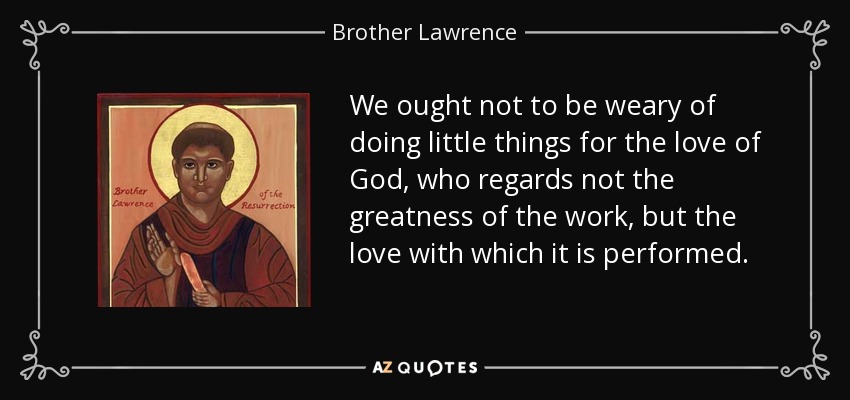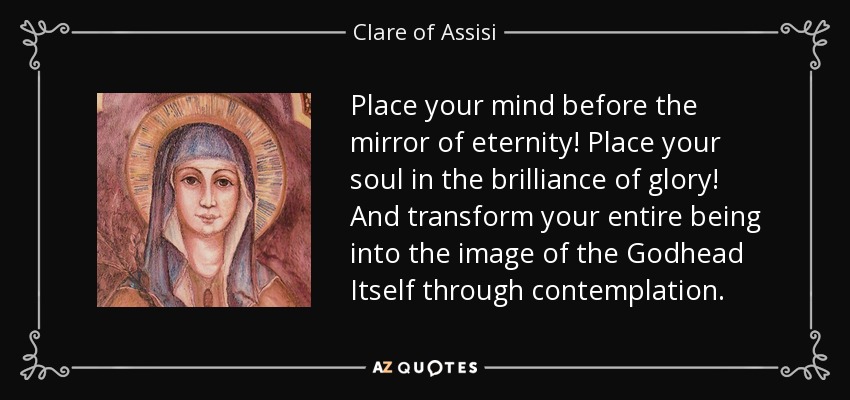To live in a good and fair God of love…
GOD-centric Interior Spiritual Disciplines puts into practice the filtering of sacred texts and verse through the GOD-centric loving, good, and fair lens. GOD-centric prayers from Anglican, Baha’i, Bohemian, Brahmo Samaj, Buddhist, Deist, Eastern Orthodox, Freethinker, Hindu, Humanist, Jewish, Muslim, Pantheist, Pandeist, Protestant, Quaker, Roman Catholic, Sikh, Stoic, Taoist, Theistic Existentialist, Theosophist, and Unitarian traditions and GOD-centric holy book verses from the Bible, Qur’an, Lotus Sutra, and Upanishads are shared. The GOD-centric interior spiritual disciplines of contemplation, prayer, lectio divina, and study invite us to live in our loving, good, and fair God, thereby enriching the quality of being we would bring to living out our loving, good, and fair God externally.
Opening Epigraph
Wisdom of Sirach 6
18 My son, from your youth embrace discipline; thus will you find wisdom with graying hair. 19 As though plowing and sowing, draw close to her; then await her bountiful crops. 20 For in cultivating her you will labor but little, and soon you will eat of her fruits. 28 Search her out, discover her; seek her and you will find her. Then when you have her, do not let her go; 29 Thus will you afterward find rest in her, and she will become your joy. 33 If you are willing to listen, you will learn; if you give heed, you will be wise. 34 Frequent the company of the elders; whoever is wise, stay close to him. 35 Be eager to hear every godly discourse; let no wise saying escape you. 36 If you see a man of prudence, seek him out; let your feet wear away his doorstep! 37 Reflect on the precepts of the LORD, let his commandments be your constant meditation; Then he will enlighten your mind, and the wisdom you desire he will grant.
~ Deuterocanonical Apocrypha (Roman Catholic)

Opening Prayer
“Let’s set our destination at the Friend,
Not thinking where we begin or end.
Let’s go to the Friend, my soul.”
~ Yunus Emre (Muslim)
Preface: GOD-centric: To Live in God
“We do not endure [self-discipline] merely for its own sake, but for what lies beyond it. And we bear those acts of self-denial and self-restraint because we feel and know full well that through such acts alone can we regain the mastery over all our misused powers and learn to use them with a vigour and a joy such as we have never known before… The restraint and discipline he knew full well in those seemingly unfruitful days were but the means to an end. The end is always before him, and the end is positive expression. The dying to his old untrained and bad methods is but the birth throes of a larger and richer action…”
~ Fr. Basil William Maturin, Self-Knowledge and Self-Discipline (Roman Catholic)
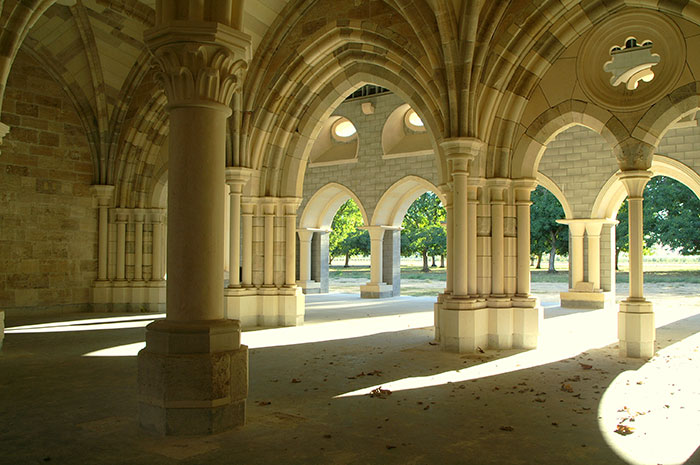
Excerpt: I turned to the director of my undergraduate honors program for counsel. He told me that even though my practice felt dry at that moment, the habit of scribing wisdom in times of trouble would benefit me in the long run. He was right. Spiritual disciplines are about developing good habits and trudging ahead even when it doesn’t feel good or fruitful, working through dark nights and ebbs and flows like a grownup who understands that life (and spiritual growth) is not always a bowl of cherries.

DELAUNAY Rhythm Joie De Vivre
A Musical & Artistic Interlude to Set the Mood:
“Try to grasp the essence of what the great artists, the serious masters, say in their masterpieces, and you will again find God in them.” ~ Vincent Van Gogh, Letter to Theo, July 1880 (Theosophist/Humanist)
In GOD-centric, I suggested that our GOD-centric inter-religious conversation might best begin with our sharing works of music and art that lift our hearts to God in order to establish a relationship of trust and a genuine heart connection with each other. Once we know in our bones that we all really do love the same good and fair God, our defenses will relax and we will be able to move to a position of curiosity and possibility when approaching our differences. We may be wise to share imageless, still, and wordless apophatic artistic expressions rather than risk alienating our GOD-centric friends from other traditions by initially sharing cataphatic defined images of people, icons, or manifestations of God from our faith tradition. The musical and artistic selections that follow are an attempt to begin that establishment of trust as a warm-up to the exercise of interior spiritual disciplines which celebrate offerings from many faith and even non-faith traditions.

KLIMT Music
Music:
“There is no loftier mission than to approach the Divinity nearer than other men, and to disseminate the divine rays among mankind.” ~ Ludwig van Beethoven, Letter to Archduke Rudolph, August 1823 (Deist/Pantheist)
In a full GOD-centric conversation, we would alternate sharing, exploring, and being enriched by each other. In this venue, limited by the page, I will share with you those apophatic songs which lift my soul to God in the hope that one or more may perform the same magic for you. If you speak Latin, Italian, or Arabic, then not every one of these songs will be imageless for you. I apologize. Please listen…

SIMONIDY Reverie (The Dream of the Monk)
Art:
“Painting is an art, and the art in its whole is not a vain objects creation which get lost in the void, but a power which has a goal and must serve to the evolution and to the refinement of the human soul, to the moving of the Triangle. It is the language which speaks to the soul, in its proper form, of things which are the daily bread of the soul and which it can receive only under this form.” ~ Wassily Kandinsky, On the Spiritual in Art (Theosophist)
Photographic images and a real life appreciation of the beauty found in nature do lift my soul almost daily; however, in all honesty, I rarely view visual art as a means of lifting my soul to God, but I wrote the rules so I guess I should play by them. The following apophatic paintings do speak to me and touch upon an iconless conveying of the God I seek…

The Monk by the Sea by Caspar David Friedrich

Sun Setting Over a Lake by J.M.W. Turner

AIVAZOVSKY Chaos The Creation

COLE Study for The Cross and the World

BIERSTADT Sunset in the Yosemite Valley

MORAN Moonlit Shipwreck

CIURLIONIS The Hymn

JENKINS Phenomena Waves Without Wind
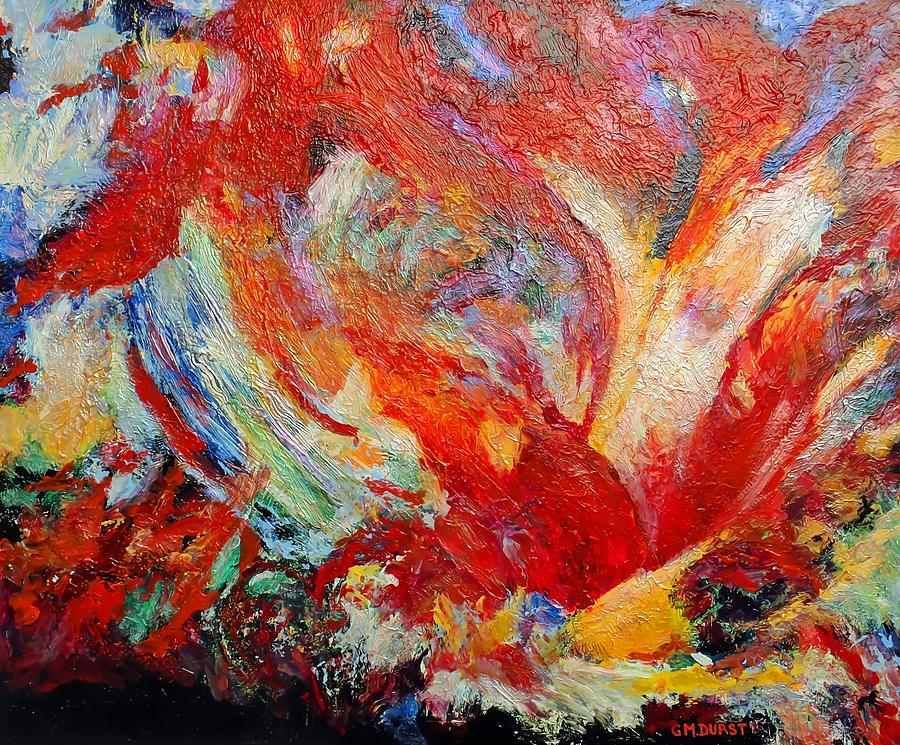
DURST Exuberance
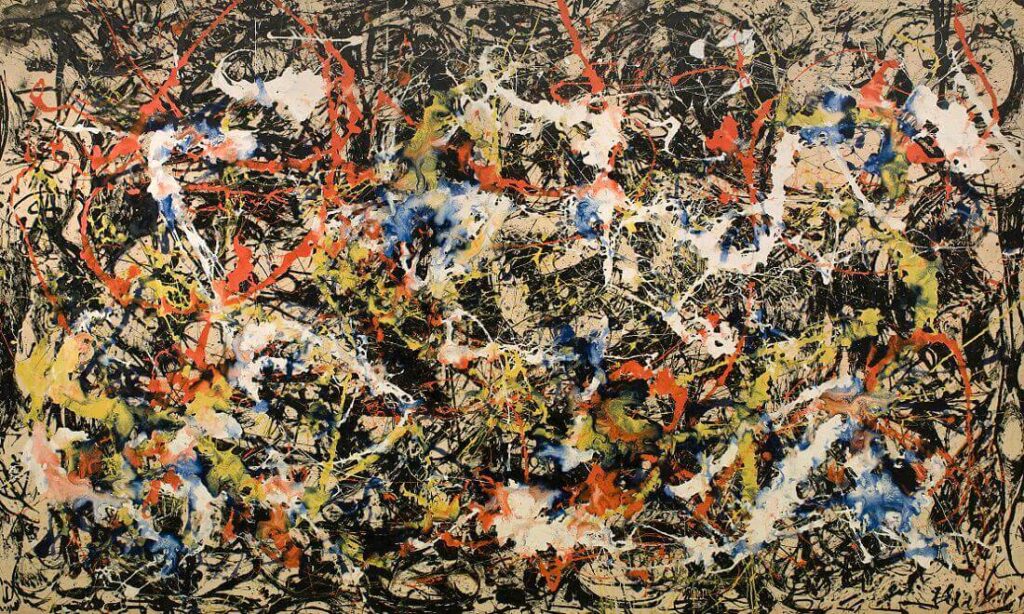
POLLOCK Convergence
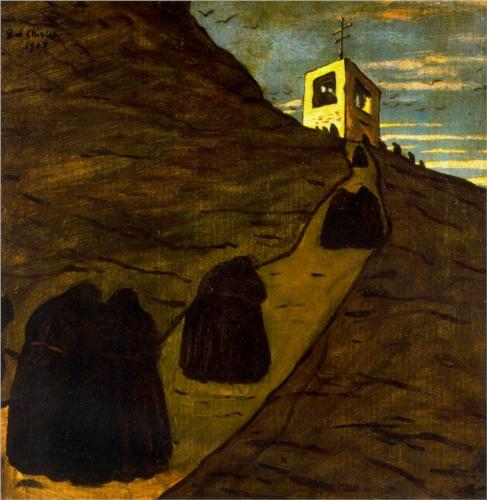
CHIRICO Climb to the Monastery
Ch. 1 Praying the Hours
“O God, by whose laws the poles revolve, the stars follow their courses, the sun rules the day and the moon presides over the night; and all the world maintains, as far as this world of sense allows, the wondrous stability of things by means of the orders and recurrences of seasons: through the days by the changing of light and darkness, through the months by the moon’s progressions and declines, through the years by the successions of Spring, Summer, Autumn, and Winter, through the cycles by the completion of the sun’s course, through the great eras of time by the return of the stars to their starting points.” ~ St. Augustine (Roman Catholic)
A spiritual discipline of praying at set hours throughout the day exists in many faiths including Jewish, Roman Catholic, Eastern Orthodox, Anglican, Lutheran, and Muslim traditions. Praying at set hours invites us to re-center our quality of being in God’s love, goodness, and fairness and reminds us of the sacredness of life in its natural rhythm. In this chapter, the hours of the Roman Catholic canonical hours of prayer are followed but the prayers come from Hindu, Eastern Orthodox, Jewish, and Roman Catholic traditions. Each prayer was selected to speak to the concerns of the associated hour of our daily cycle as we make good through the reality that is ours hoping to touch God in loving convergence.

CABRERA Saint Ignatius Loyola
Bonus: The Ignatian Examen
In addition to praying the hours, I try to perform an Ignatian Examen each evening to gently understand the moments of the day when I did converge with God’s love and those moments when I did not. The Examen helps me grow towards God’s love and I hope it will help you too, so I included it at the end of this chapter.

REMBRANDT Philosopher in Meditation
Ch. 2 Contemplative Prayer
“Meditation is the dissolution of thoughts in Eternal awareness or Pure consciousness without objectification, knowing without thinking, merging finitude in infinity.” ~ Voltaire (Deist)
“Spirituality is the lived encounter or existential experience of God, not your idea of God. To know God is not to know about God” (from notes taken during a G.I.F.T. session on Ignatian Spirituality at St. Matthew’s Catholic Church in 2012.) Meditation, centering prayer, and contemplative prayer are interior spiritual disciplines involving retreat, silence, solitude, and listening in preparation for the direct and transformative presence of God. Please refer to the many books on these practices but do not become bogged down with detail and procedure. Choose a lovely, calming location. Quiet your brain by focusing on your breath, a sacred object, a piece of music, or a centering word or phrase. Errant thoughts will likely enter your monkey mind; just acknowledge them non-judgmentally and let them go. Once in a receptive place of stillness, listen and experience. The direct and transformative presence of God is ineffable, but I am writing a book, so words are necessary. What follows are GOD-centric prayers from Buddhist, Eastern Orthodox, Hindu, Muslim, Roman Catholic, Sikh, Taoist, Theistic Existentialist, and Theosophist traditions that attempt to express the inexpressible experience of our loving God.
Contemplative Prayer Sampler
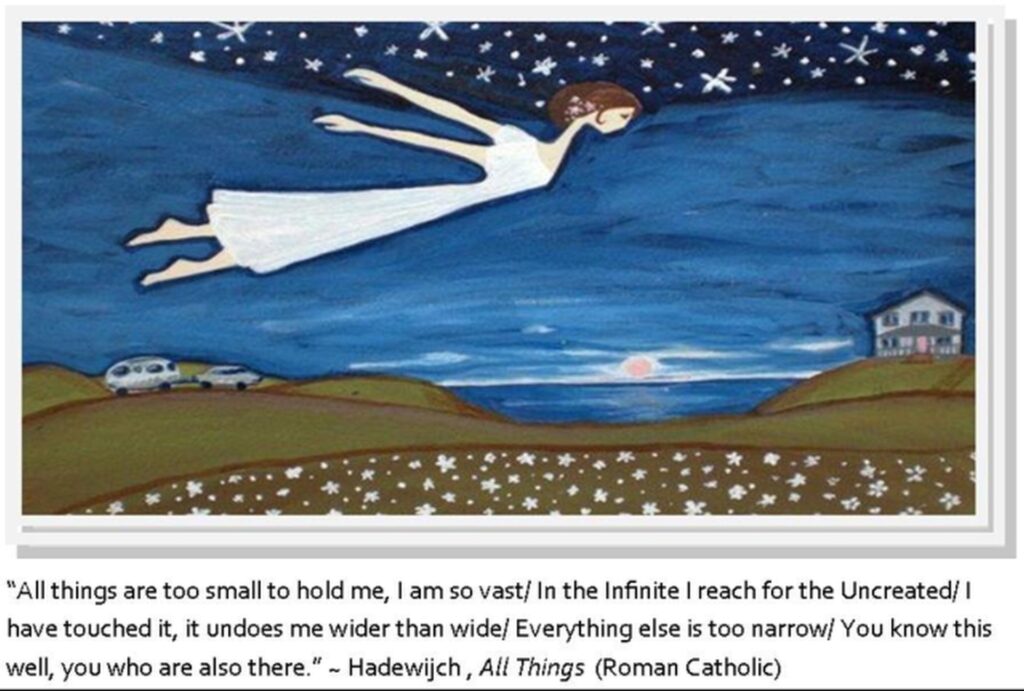
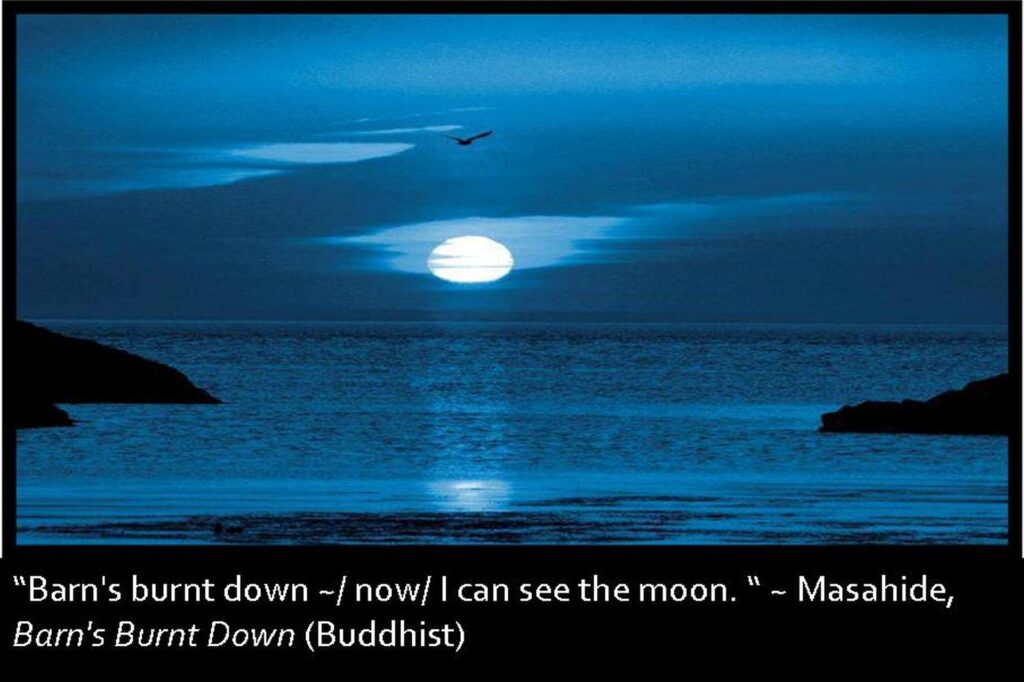





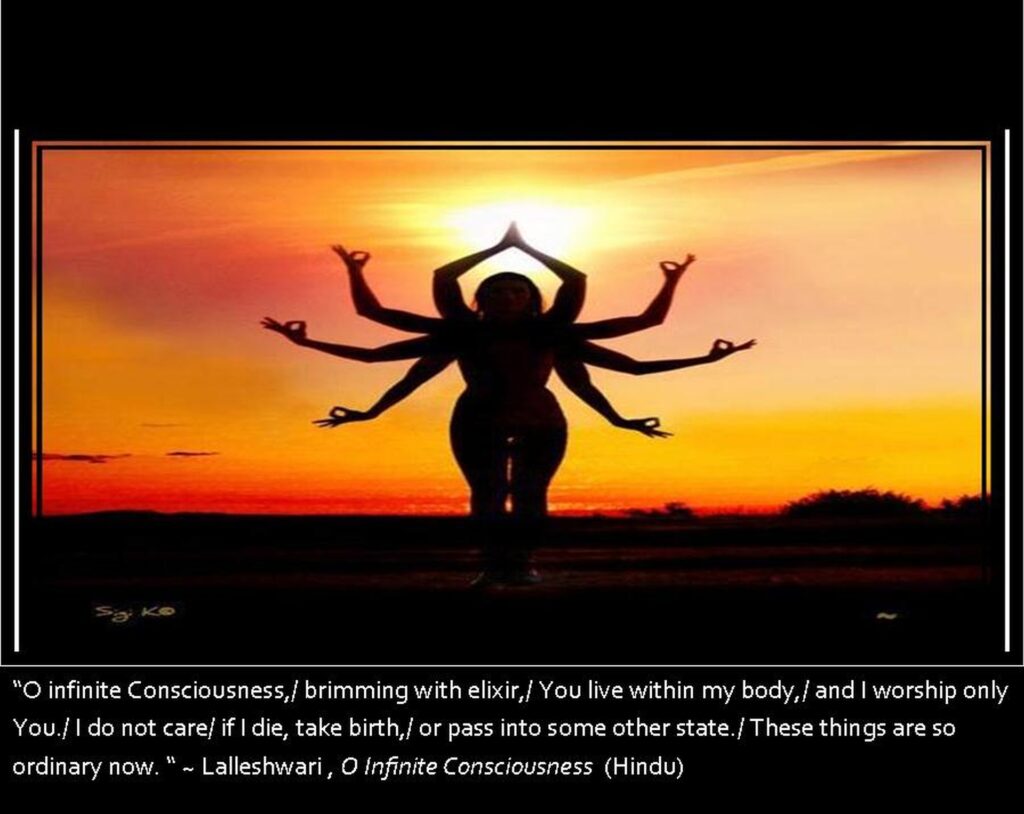
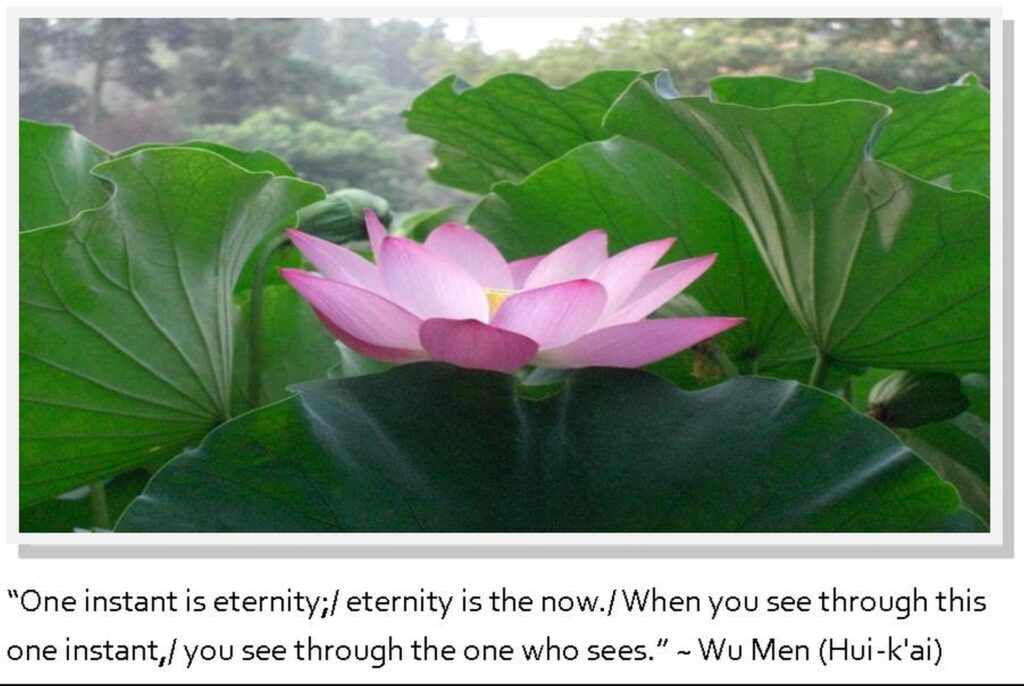


TOULOUSE-LAUTREC Woman in Prayer
Ch. 3 Prayers & Poetry
“The function of prayer is not to influence God, but rather to change the nature of the one who prays.” ~ Søren Kierkegaard (Theistic Existentialist)
Praying to a Force of Love just feels contrived to me: a Force of Love does not need to be adored or thanked; petitioning God seems awfully self-centered; and I don’t believe that God actively intervenes in the course of things because to so believe would start an avalanche of questions about evil that would challenge God’s goodness. So why include a lengthy chapter of prayers? For the GOD-centric, prayer centers our quality of being in God’s love, goodness, and fairness. GOD-centric prayers of adoration praise the wonder of creation. GOD-centric prayers of petition empower us to act as God’s agents of love, goodness, and fairness in the world. GOD-centric prayers of intercession put into words our hopes for benefits to come to others. GOD-centric prayers of thanksgiving give voice to our gratitude for the opportunity to live in and out of God’s love. In this chapter, the four basic forms of prayer within the Roman Catholic tradition are used to organize GOD-centric prayers from Agnostic, Anglican, Bahá’í, Bohemian, Brahmo Samaj, Deist, Freethinker, Hindu, Humanist, Jewish, Muslim, Pantheist, Pandeist, Protestant, Quaker, Roman Catholic, Sikh, Stoic, and Unitarian traditions.
Prayers of Adoration Sampler
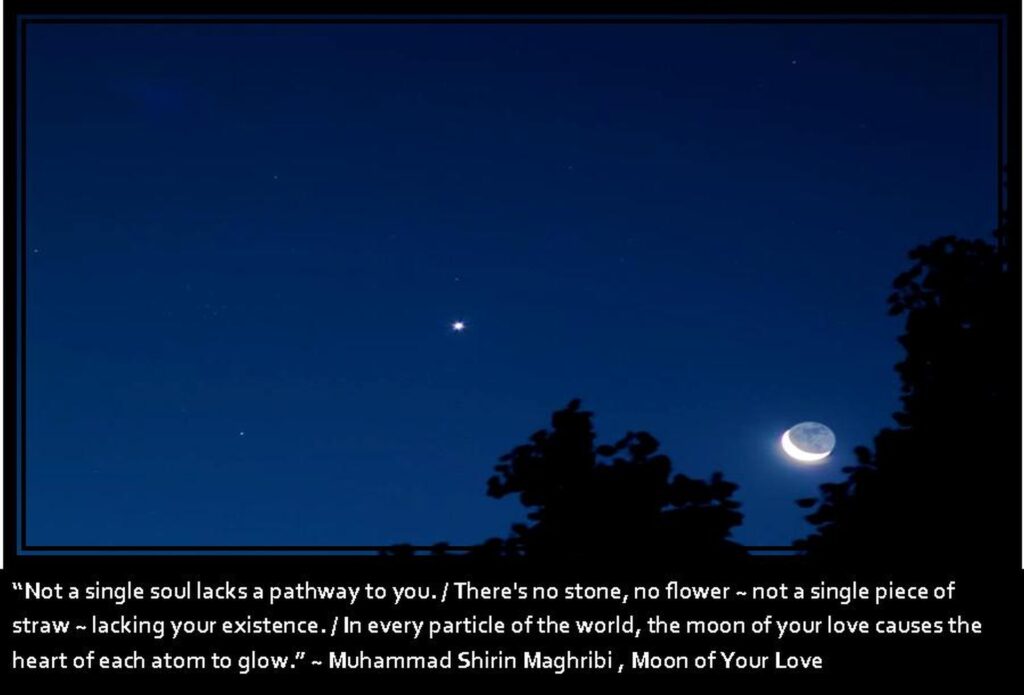
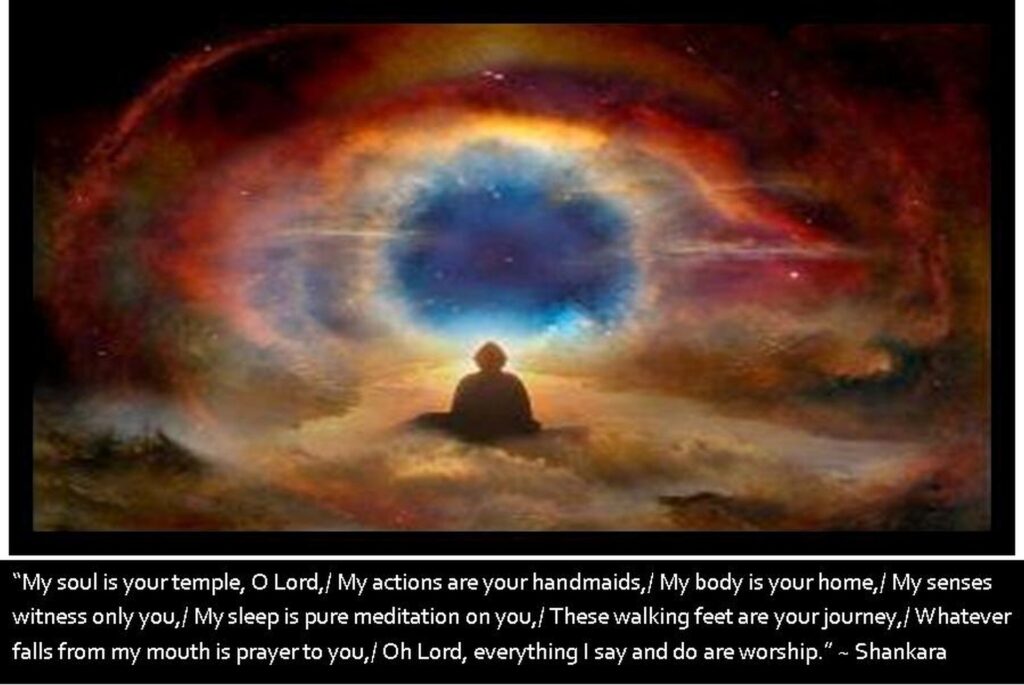

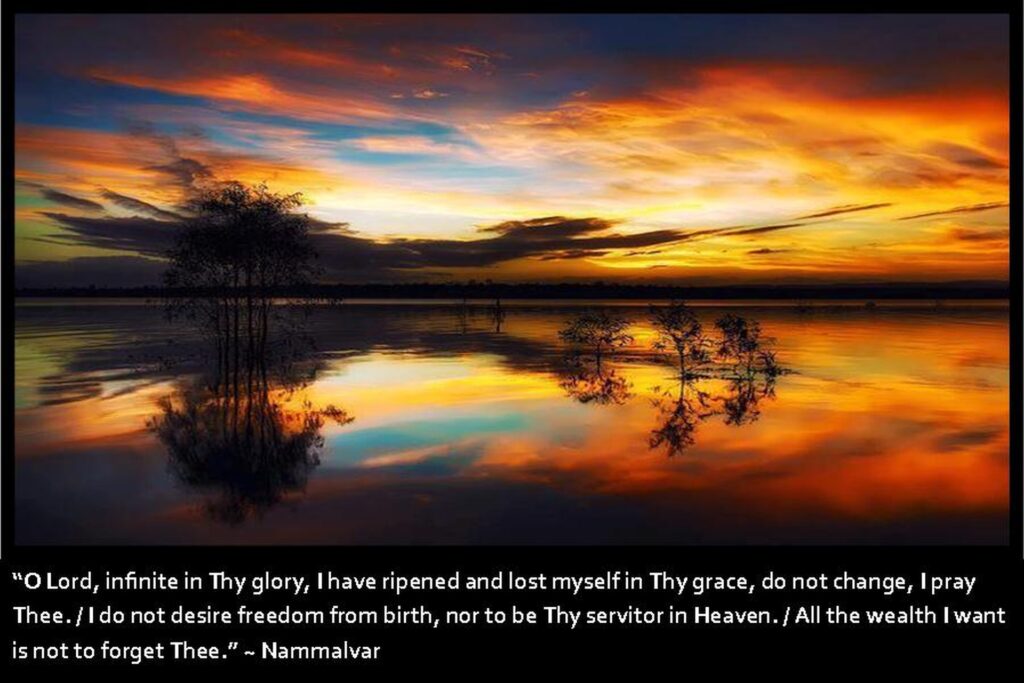

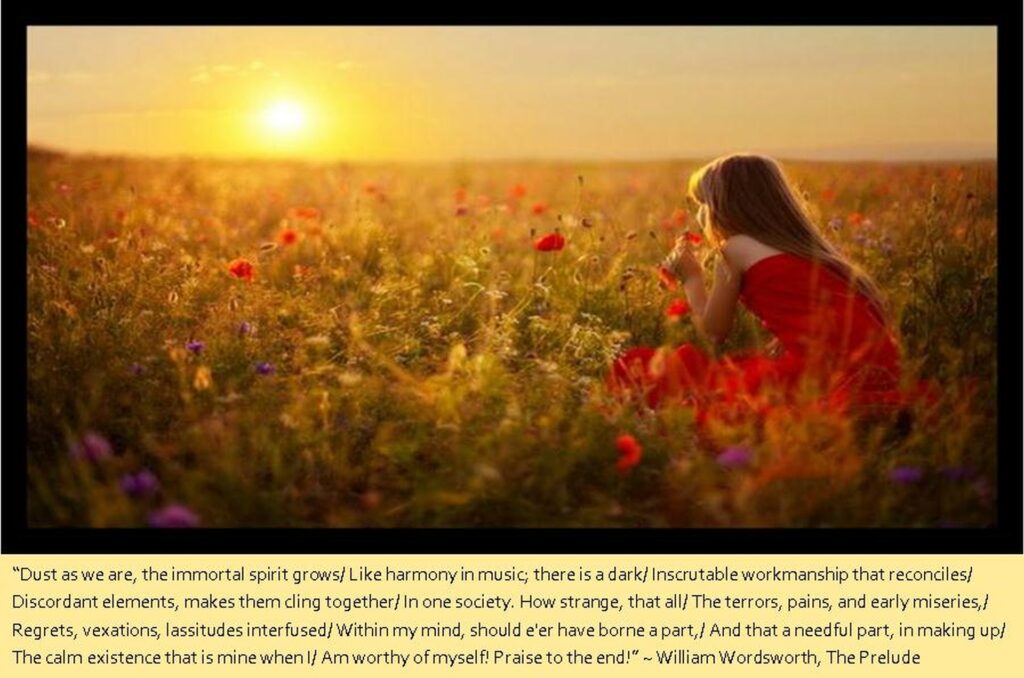
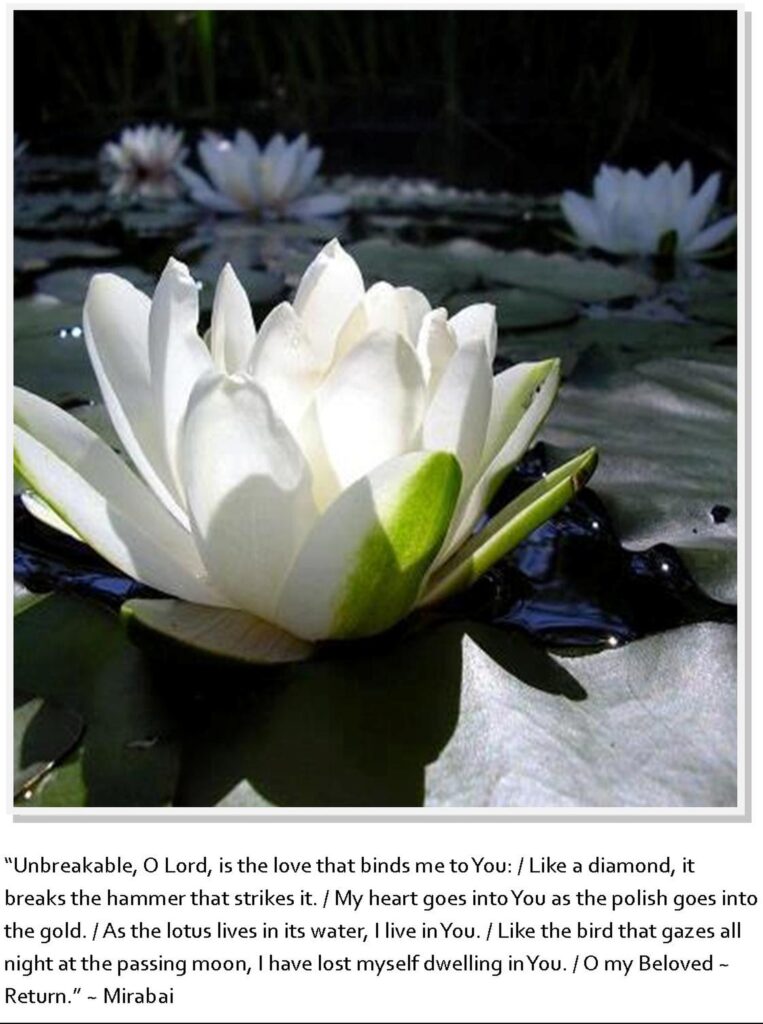

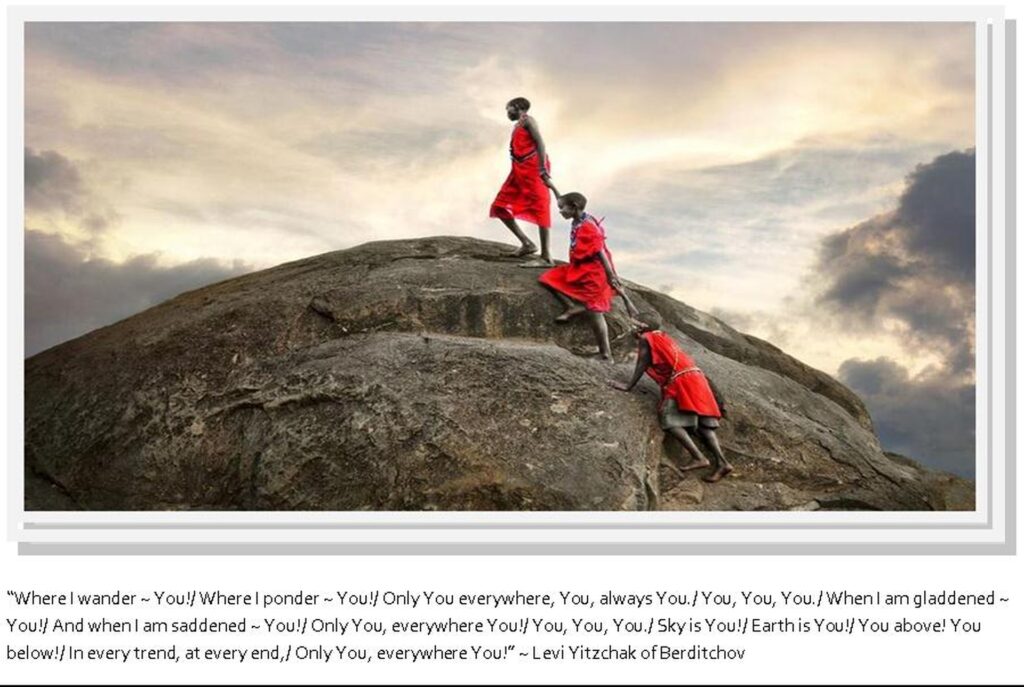

Prayers of Petition Sampler

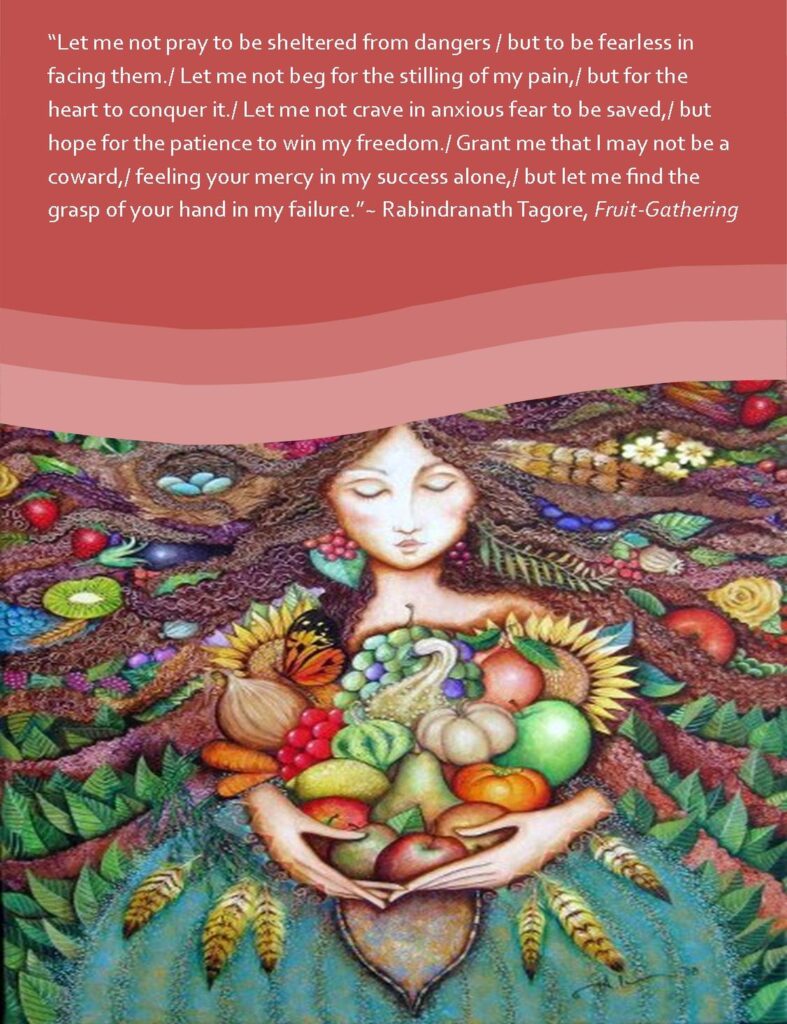
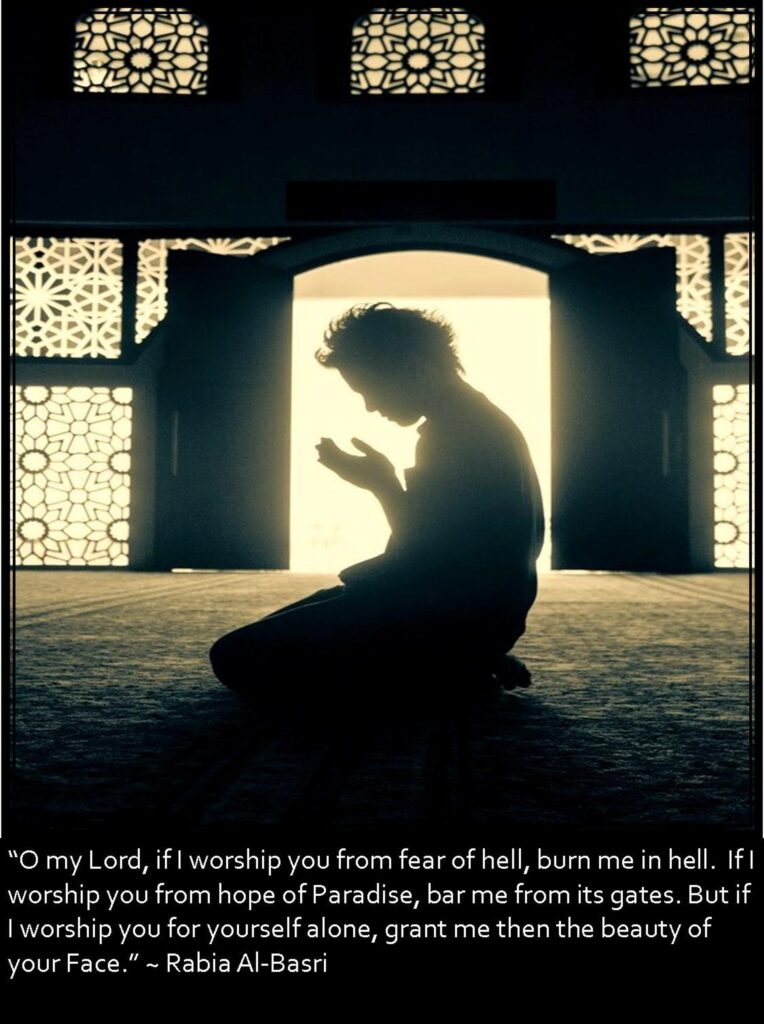

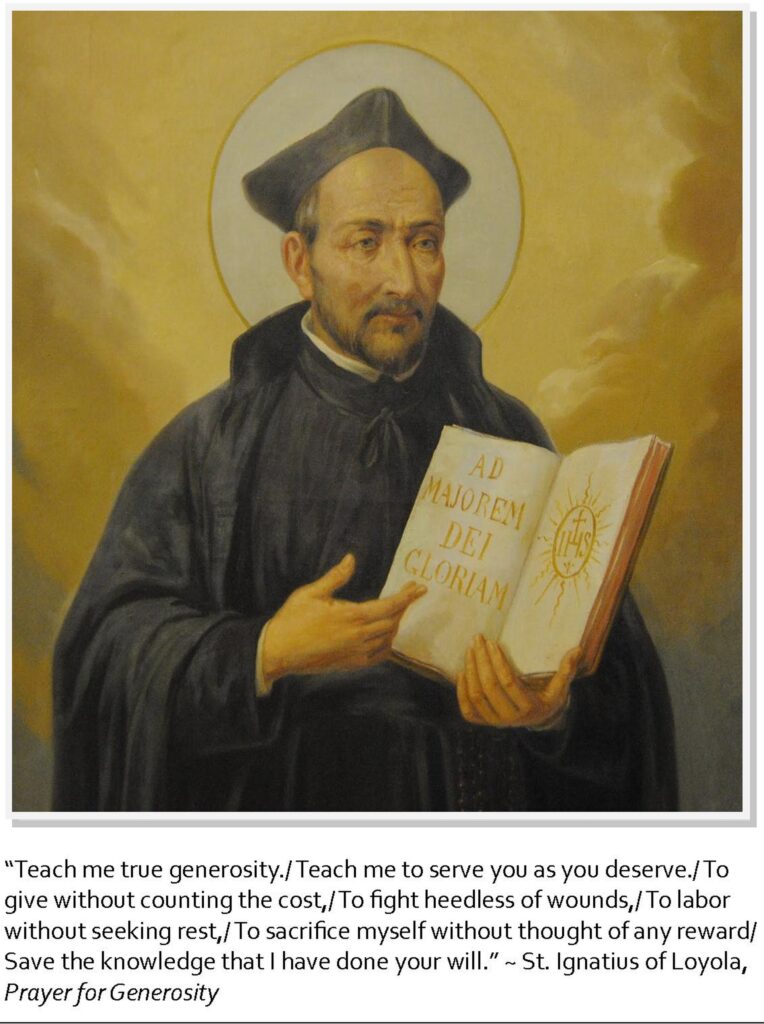
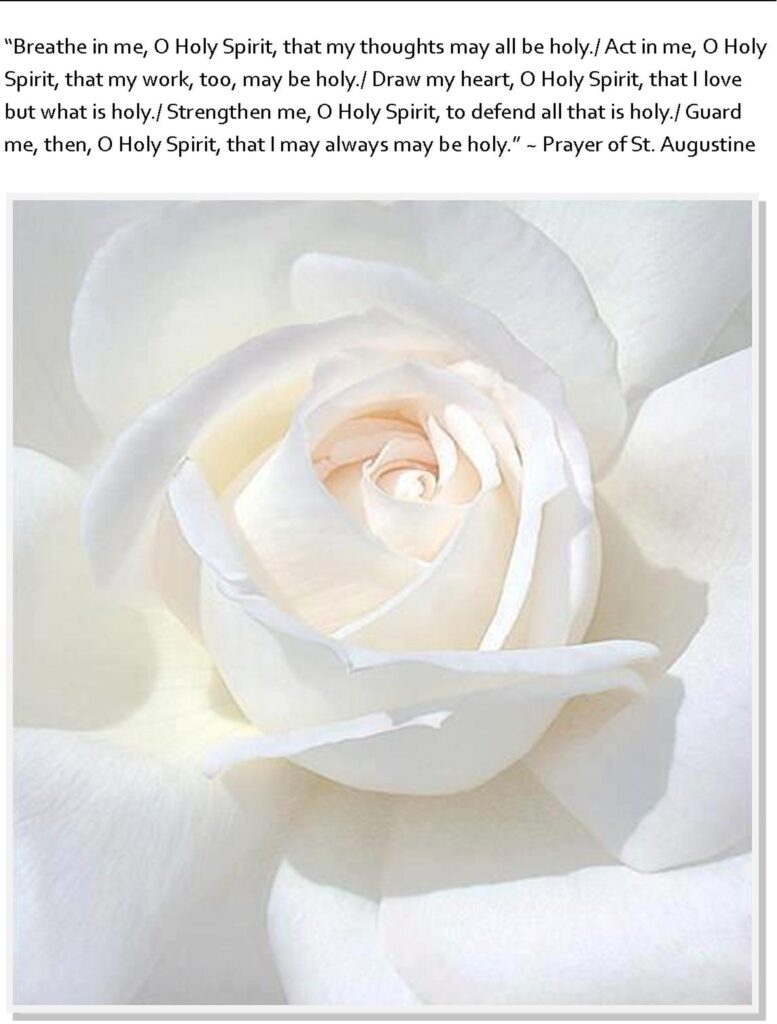

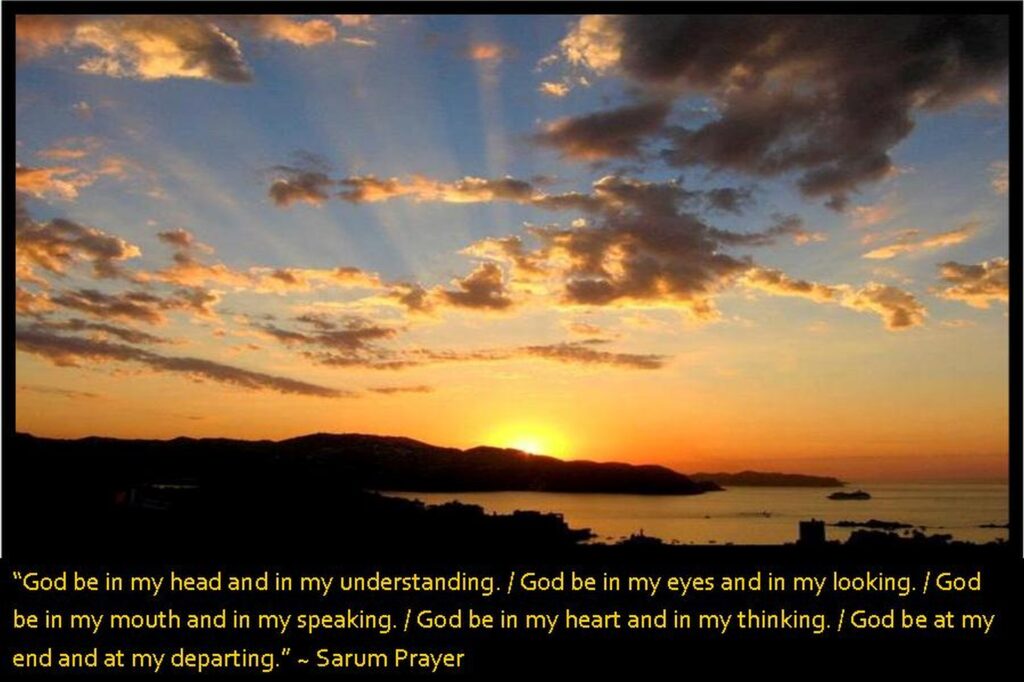
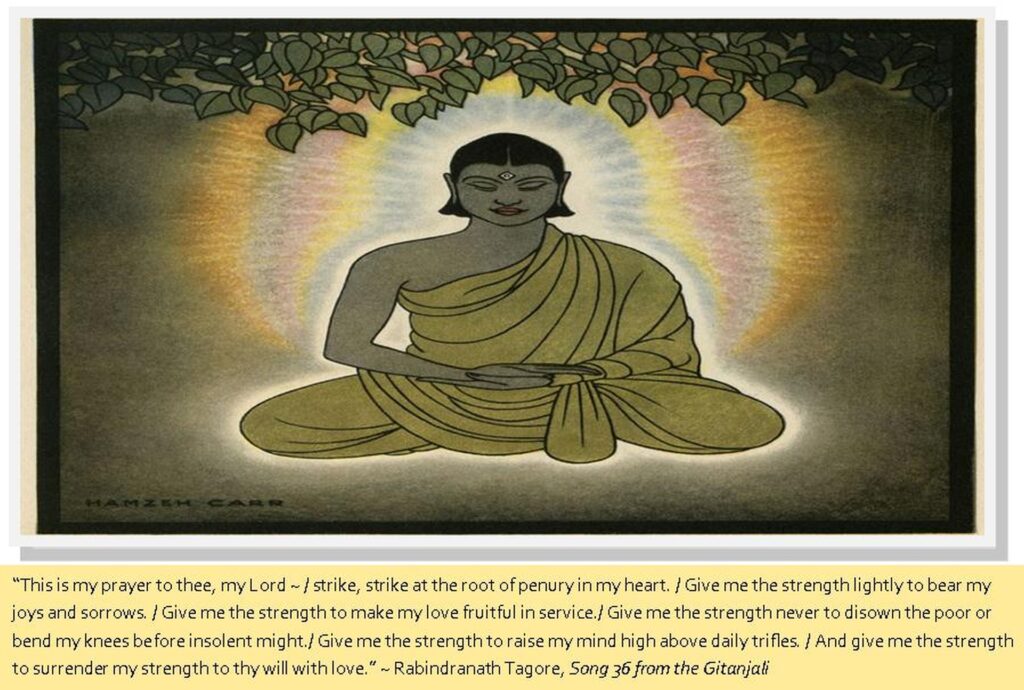

Prayers of Intercession Sampler
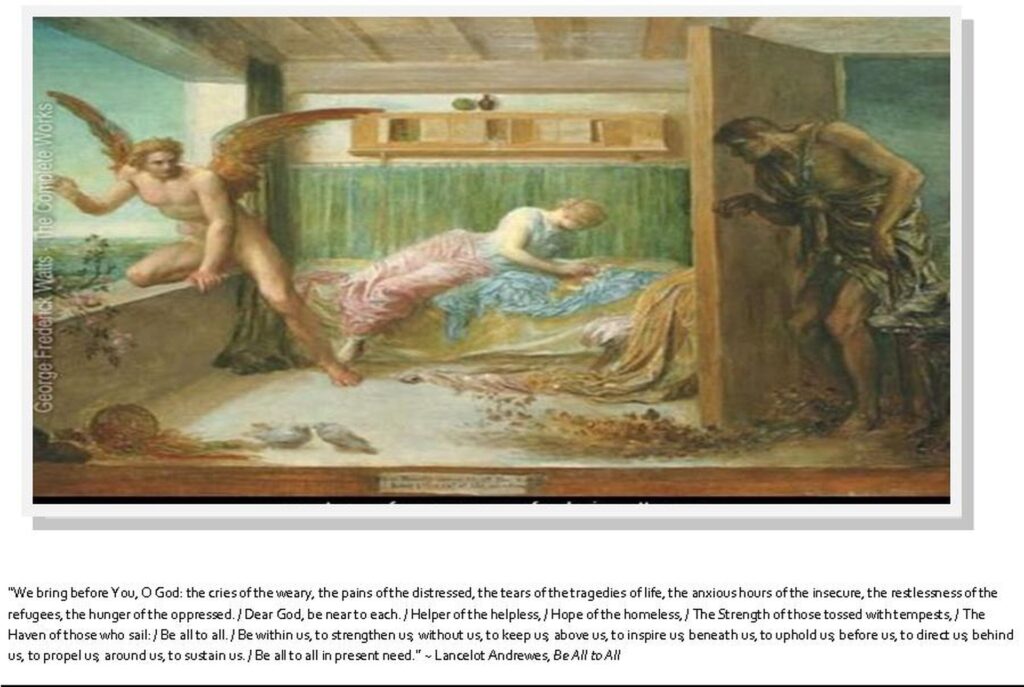

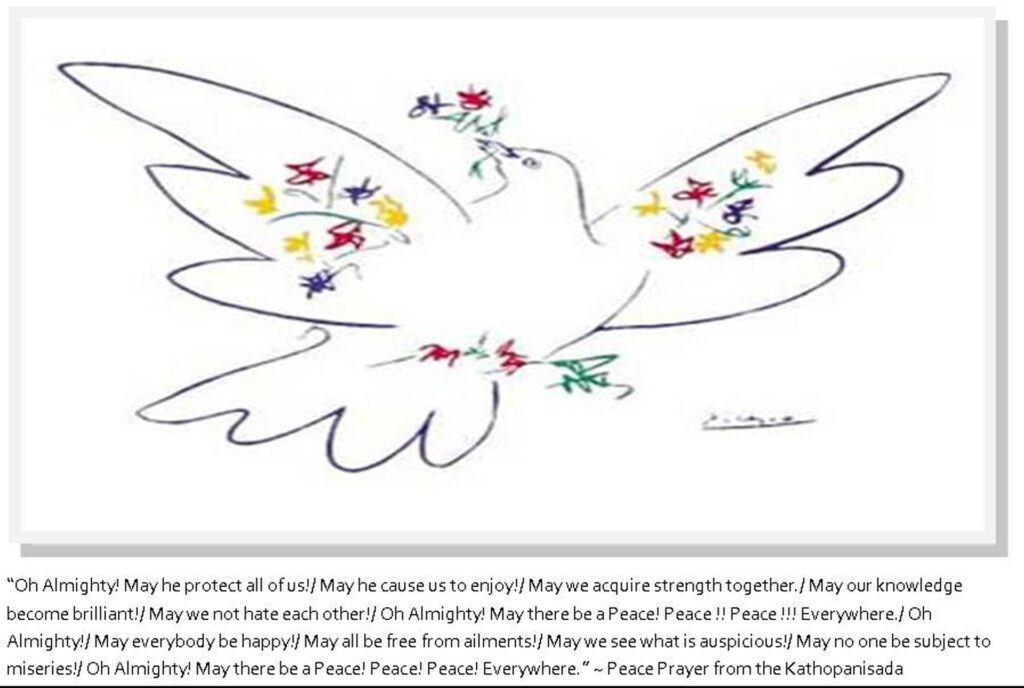
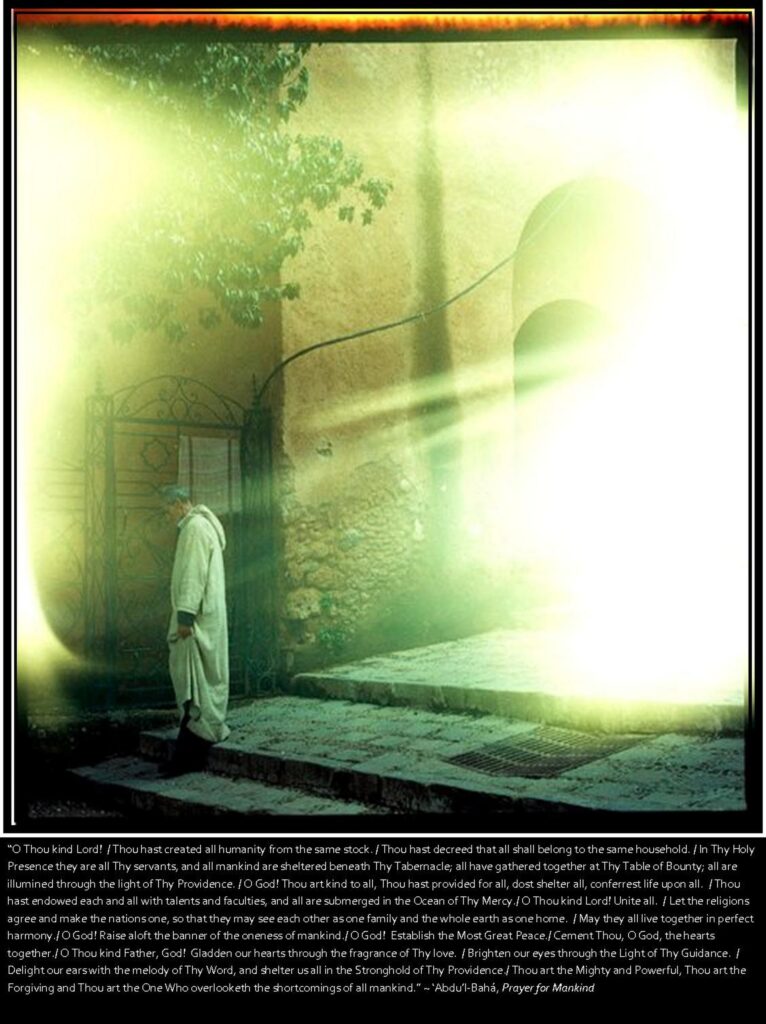


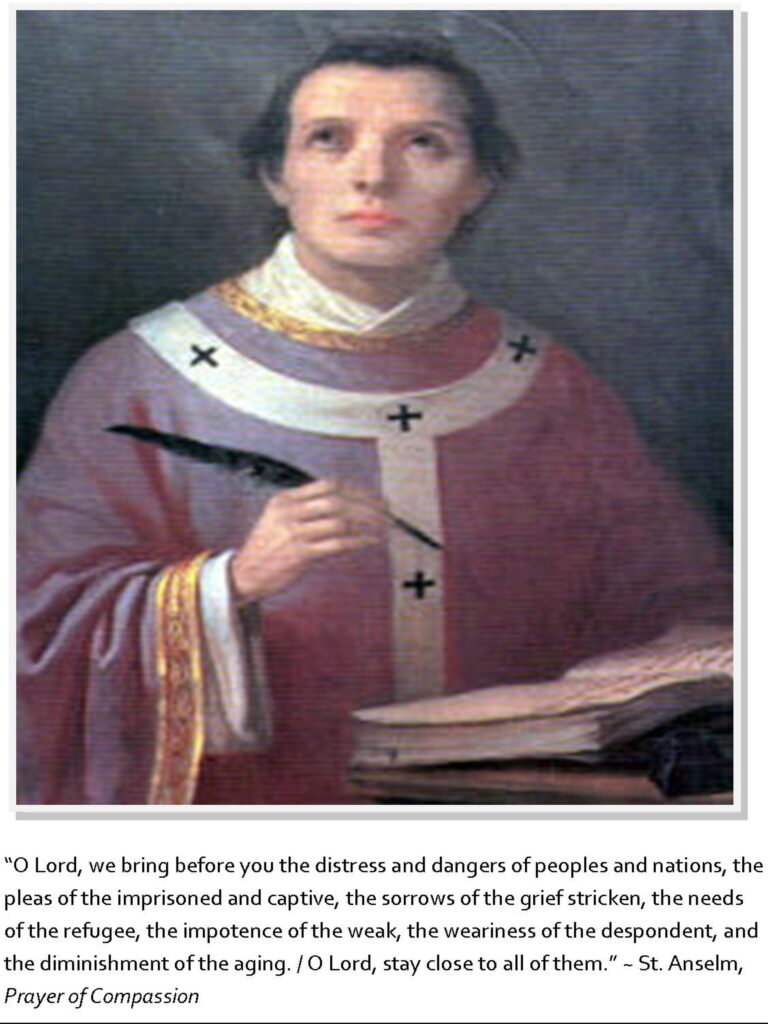
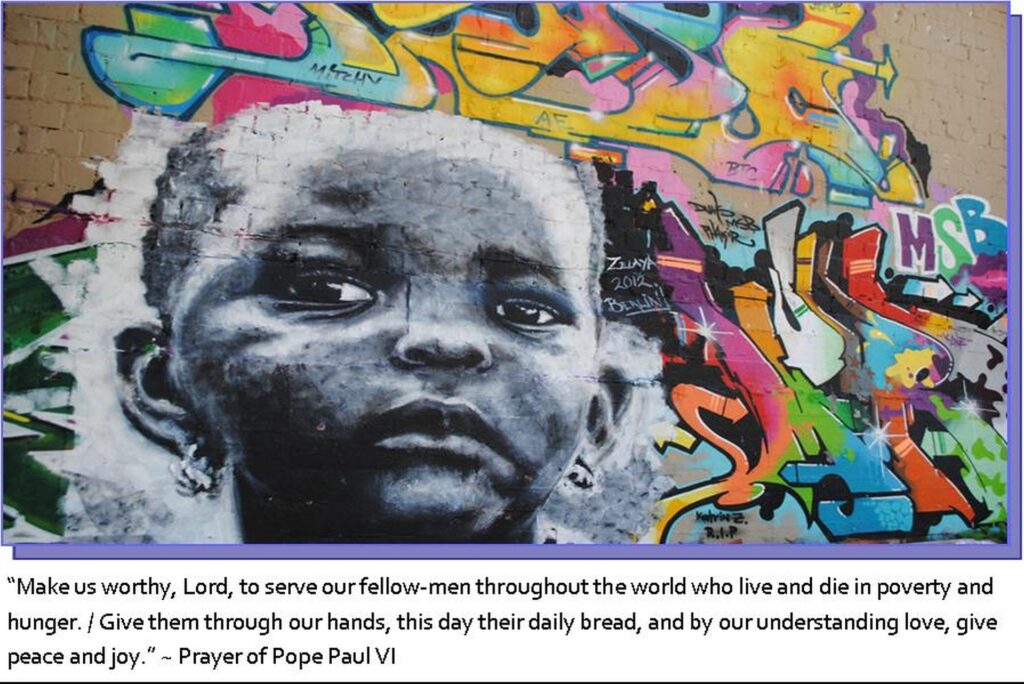
Prayers of Thanksgiving Sampler
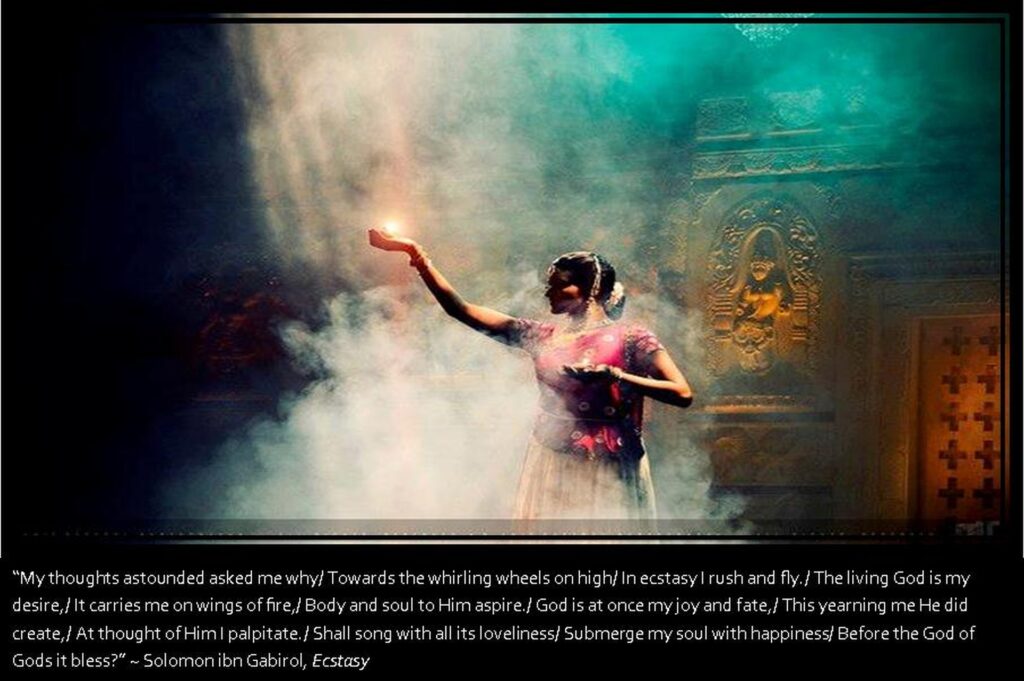




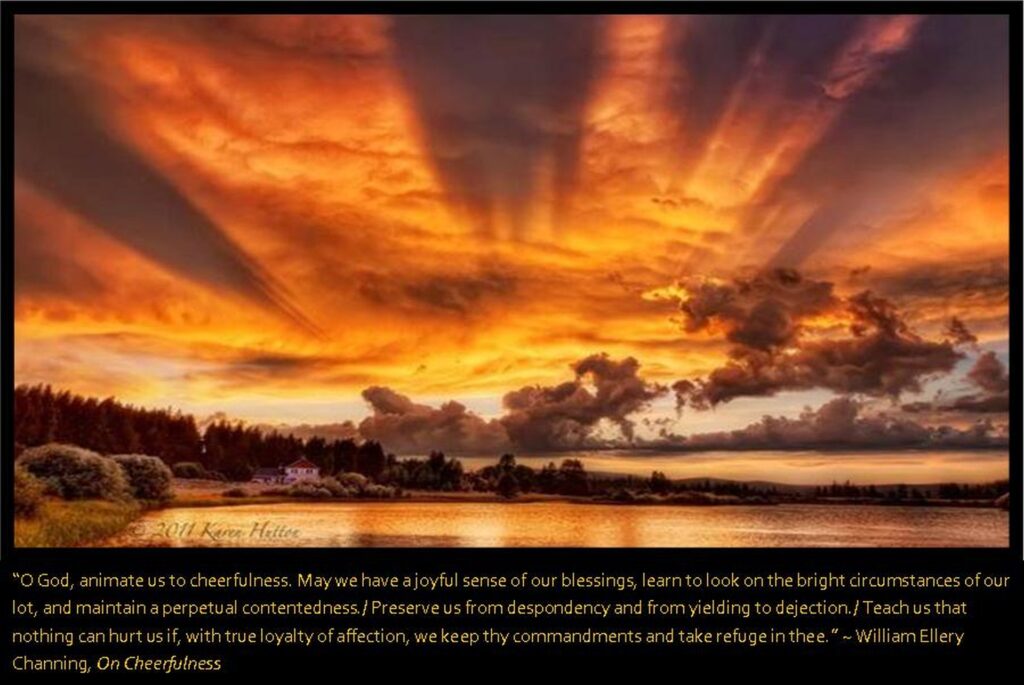
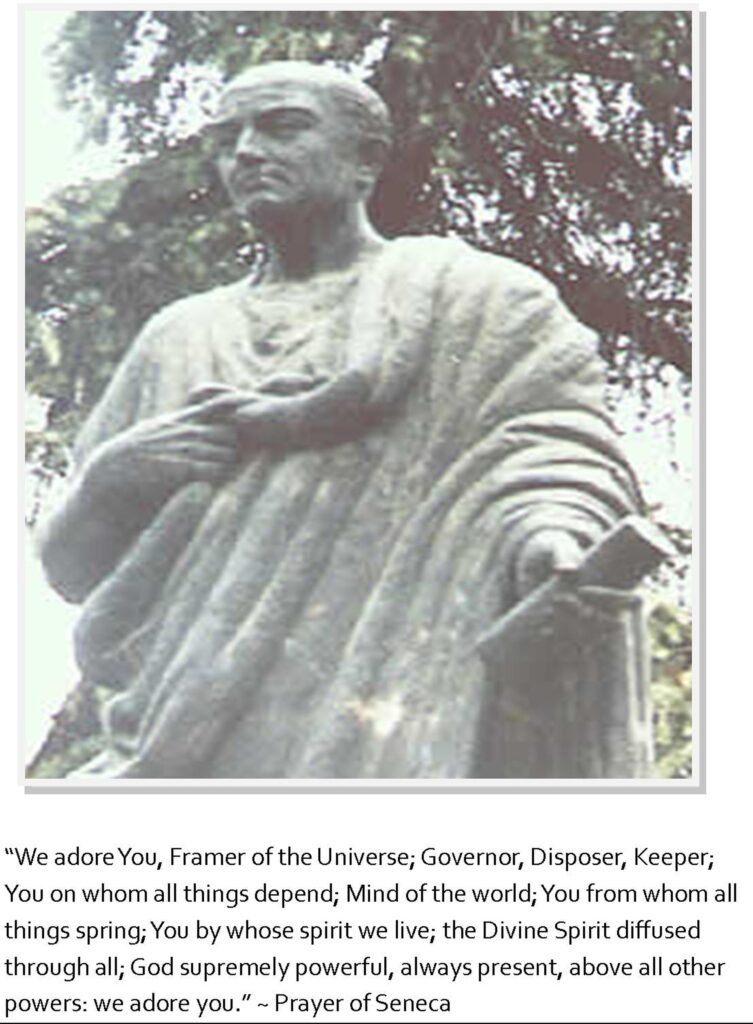



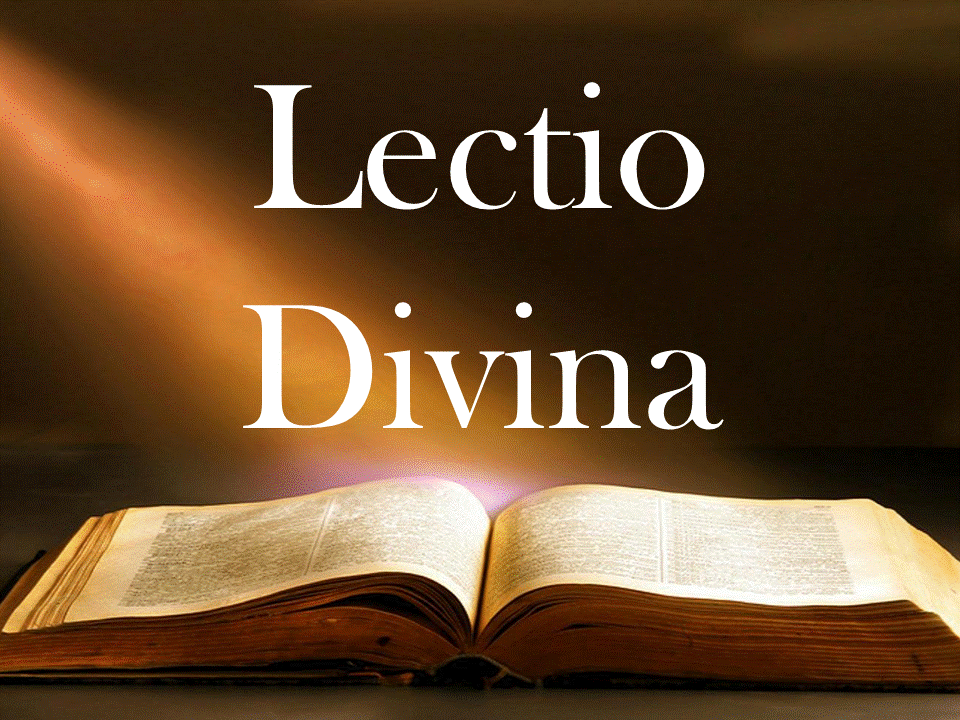
Ch. 4 Lectio Divina
“Is parchment then the sacred fount from which a draught will quench our thirst forever? You must draw it from your inward soul or else you’ll not be satisfied.”
~ Johann Wolfgang von Goethe, Faust (Pantheist/Humanist)
In this chapter, the Roman Catholic interior spiritual discipline of lectio divina embraces in GOD-centric fashion passages from the sacred texts of Judeo-Christianity, Islam, Hinduism, and Buddhism that celebrate our loving, good, and fair God. Since GOD-centrics do not believe that God operates by providing special truth in a holy book that could not be equally available to all people in all times and locations, this chapter merely hopes to open a window to the GOD-centric beauty and wisdom found in multiple faith traditions and to provide an example of filtering those sacred texts through the GOD-centric lens of God’s being eternally loving, good, and fair. The first step (lectio) of lectio divina involves the attentive reading of a sacred passage listening to its inner message. The second step (meditatio) involves meditating on the sacred passage by entering into it experientially rather than analyzing it intellectually. The third step (oratio) involves our dialoguing with the passage to explore its meaning for us in this moment. The final step (contemplatio) involves resting in the sacred truth we discover with the aim of nourishing and deepening our relationship with God.
